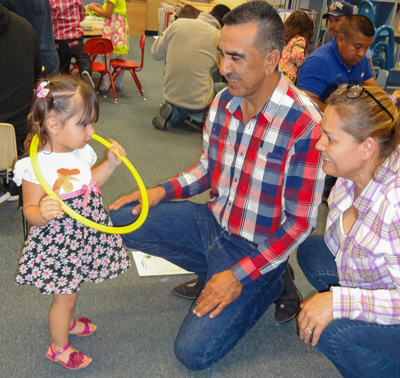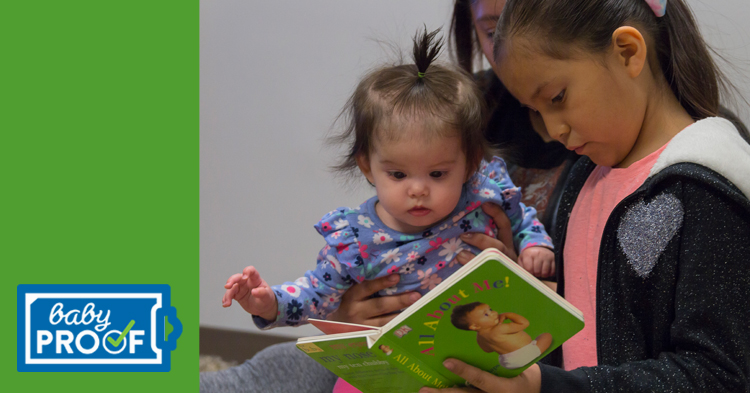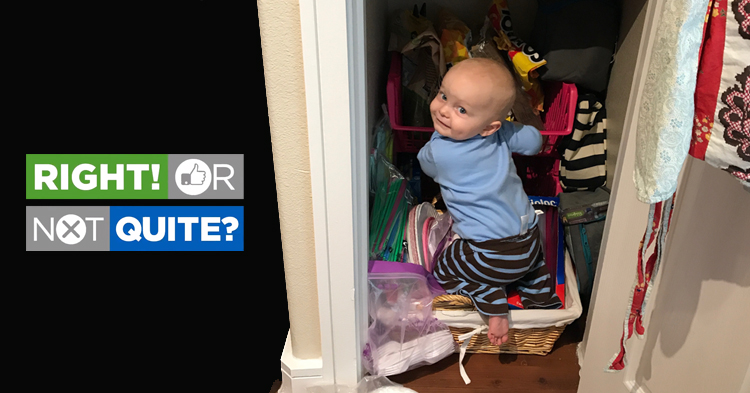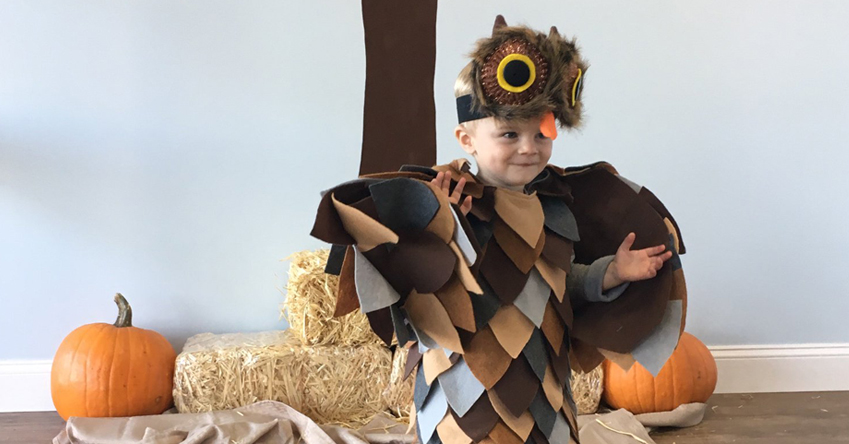
The idea that curious kids make for better learners seems obvious.
But researchers have now linked a young child’s level of curiosity with later academic success, according to an article in Big Think.
They tested more than 6,000 young kids in “reading and math and compared their scores to different factors such as sex, classroom behaviors, socioeconomic status and levels of curiosity at home and at school.”
Researchers defined curiosity as “the ‘joy of discovery’ and ‘the motivation to seek answer to what is unknown’ and measured it by a survey given to parents which focused on their child’s behavior.”
The kids whose parents rated them as curious tended to have higher test scores in reading and math compared to the other factors. And the curiosity factor seemed to be more beneficial to the students who were living in poverty, compared to their wealthier peers.
You might be interested in:
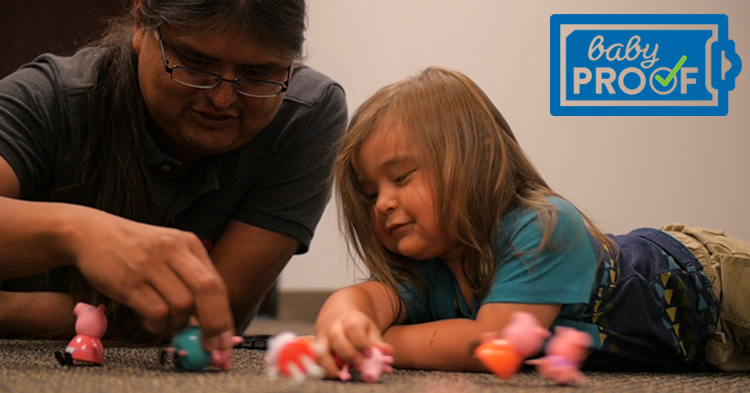
Playtime is serious business for kids
For babies, toddlers and preschoolers, almost all of their learning happens through interacting and exploring.
How to encourage curiosity in your young child
For parents of young kids, play is one way to encourage curiosity. Babies are born learning, so make sure you create opportunities and time to play.
- Provide the resources for stimulating play – not necessarily toys, just plenty of different kinds of objects, like cardboard boxes and plastic tubs. Put them where your child can see and reach them. Then, let their creativity take over.
- Join in the fun, but let your child take the lead.
- Encourage your child to use his imagination.
- Talk and have conversations together while you play, even if they can’t respond with words just yet.
To read the entire article: Why more curious kids learn better, especially poorer ones


